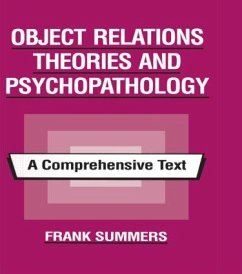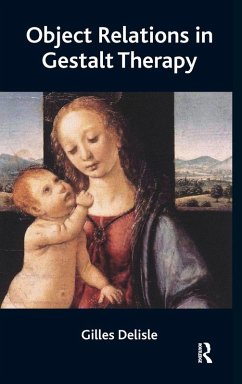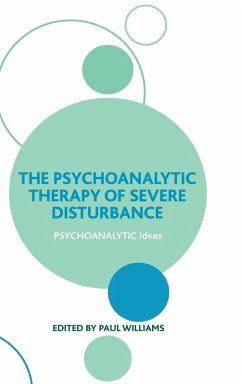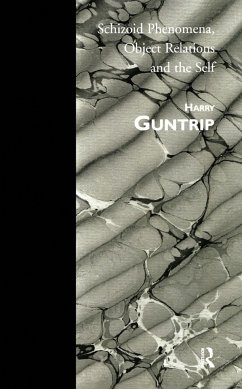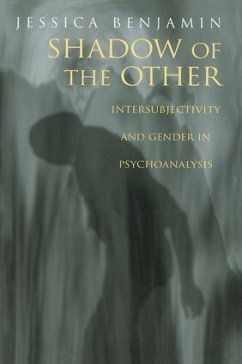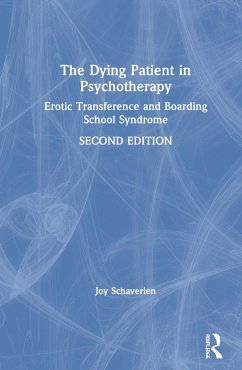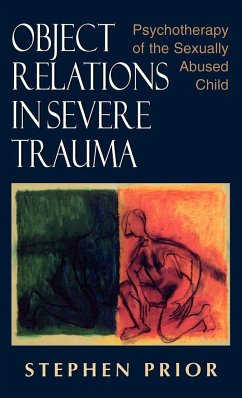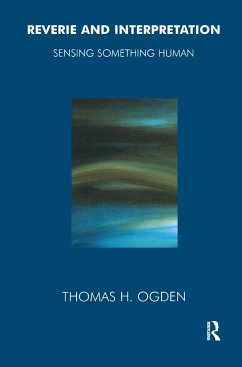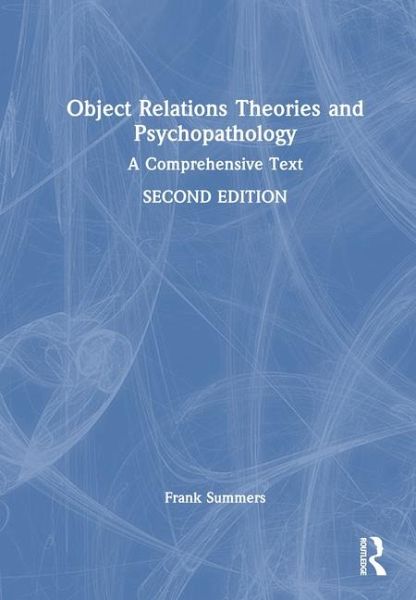
Object Relations Theories and Psychopathology
A Comprehensive Text
Versandkostenfrei!
Versandfertig in 1-2 Wochen
150,99 €
inkl. MwSt.
Weitere Ausgaben:

PAYBACK Punkte
75 °P sammeln!
Twenty-nine years since the first edition was released, Frank Summers has renewed his lucid and thorough clarification of the various object relations theories to demonstrate their evolution and continued significance for therapeutic practice.





